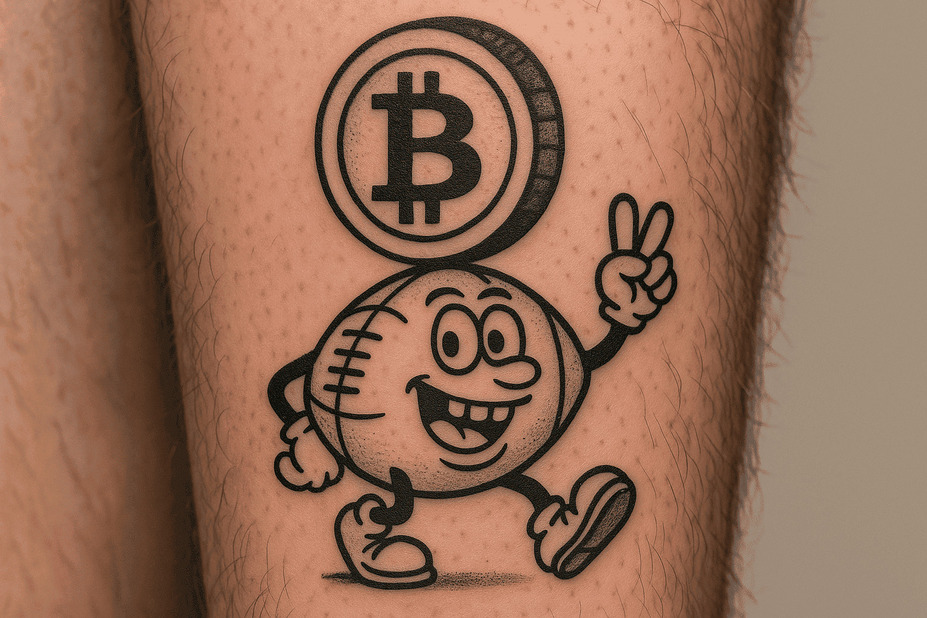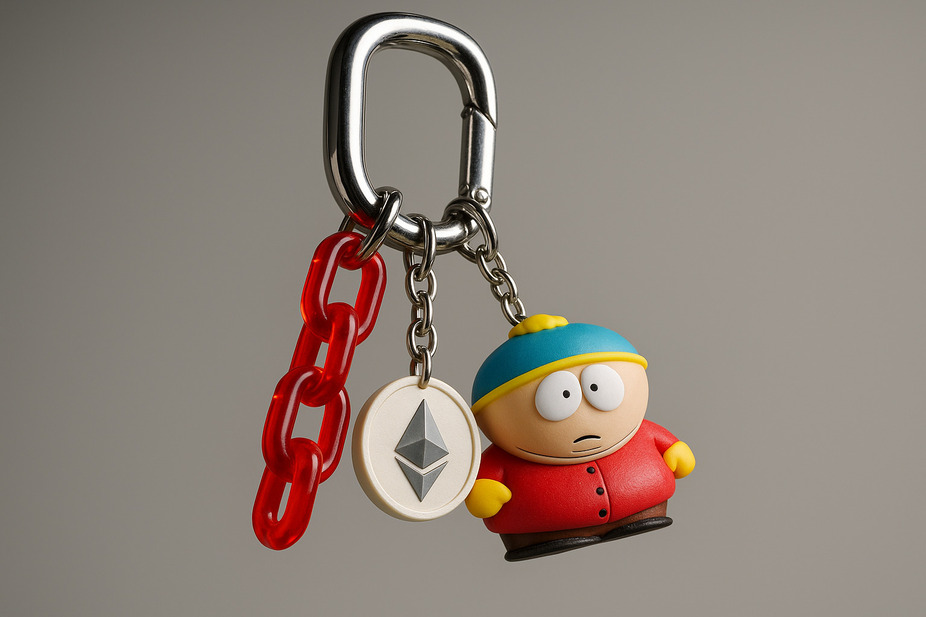Crypto and football: a budding romance built on community and innovation

Cryptocurrency is no longer confined to the realms of tech and finance. It’s rapidly infiltrating the world of sports, and football (soccer) is taking notice. At first glance, these two sectors may seem worlds apart, but they share a surprisingly deep connection rooted in community, engagement, and a passion for innovation.
Both crypto and football thrive on community: crypto’s philosophy is built on decentralization, democratization, and active participation, echoing the strong fan culture and global support that define football. This intersection makes crypto a natural fit for football, offering new ways for clubs and fans to connect and interact.
A quick look back: crypto’s foray into sports
Crypto’s journey into sports is relatively recent. One of the first notable moments came in 2018, when Turkish club Harunustaspor made headlines by signing a player, Ömer Faruk Kiroğlu, and paying part of his transfer fee – about £467 – in cryptocurrency. This signaled the potential for crypto to integrate into various sectors, streamlining processes and introducing new possibilities.
The trend of using crypto for payments continued to grow, culminating in 2021 when Spanish footballer David Barral made history as the first professional player to be fully transferred using cryptocurrency. By 2022, São Paulo FC broke further ground, acquiring Giuliano Galoppo with a $6 million payment in USDC stablecoin, facilitated by their sponsor, the crypto exchange Bitso.
Sponsorships: crypto’s big play in football
Alongside player transfers, crypto companies have aggressively pursued sponsorships in football. Arsenal’s 2018 deal with CashBet Coin was one of the earliest major partnerships, indicating the growing convergence of these two worlds.
More recently, Bitget has made waves with a multi-million dollar partnership with La Liga, becoming the league’s official crypto exchange and sponsor.
Another compelling example is B2BINPAY, a leading crypto payment processor, which became the official sponsor of Athletic Club in 2023. Their logo now adorns the team’s iconic red-and-white shirts, but the partnership extends far beyond mere branding. B2BINPAY and Athletic Club share a commitment to innovation and community growth, making the partnership a natural fit.
Fan tokens and NFTs: a new era of fan engagement
Crypto’s influence extends beyond payments and sponsorships; it’s revolutionizing how fans interact with their clubs. The introduction of fan tokens in 2019 marked a significant turning point. Juventus Football Club, a pioneer in the sport, launched $JUV, the Juventus Fan Token, enabling fans to directly connect with the club, participate in voting on club matters, and access exclusive rewards. Since then, fan tokens have become a popular way for supporters to deepen their connection with their favorite teams.
NFTs (non-fungible tokens) represent another exciting innovation in football. While often seen as digital collectibles, many clubs now offer NFTs that provide fans with exclusive access to special events, behind-the-scenes content, or even real-life experiences like training sessions with players. These NFTs foster stronger bonds between clubs and fans while unlocking new avenues for supporting the teams.
Al Ahly FC, an Egyptian football club, recently launched a special NFT collection titled “Al Ahly FC — Jersey of Glory” in partnership with FIFA’s official NFT marketplace, FIFA Collect. The collection features uniquely designed jerseys worn by club stars during major domestic and international victories.
Looking ahead: the future of crypto and football
The intersection of crypto and sports is only becoming more pronounced, with new avenues for integration emerging each year. But where is this trend heading? Are we already seeing the full potential, or is there more to come?
One promising trend is the increasing use of cryptocurrency for handling football transfers. More clubs and players are beginning to settle transfer fees directly using digital currencies like Bitcoin or stablecoins. This method accelerates payments and removes the geographical barriers often associated with traditional transfers. As trust in the system grows and the technology improves, paying player salaries and bonuses with crypto could soon become commonplace.
Another significant development is the rise of GameFi, a fusion of gaming and decentralized finance. Organizations like FIFA are exploring blockchain-based football games where fans can not only play but also earn tokens, trade digital assets, and participate in fantasy leagues powered by real match data. This combination of gaming, finance, and sports creates engaging, interactive experiences that deepen fan connections.
Fan ownership models are also evolving. Decentralized autonomous organizations (DAOs) are empowering fans to hold governance tokens and vote on club matters, from kit designs to strategic planning. This new approach aligns with the democratic values of both football fans and crypto communities.
In the NFT space, the focus is shifting beyond collectibles. Many clubs now offer utility NFTs that provide fans with tangible benefits, such as VIP experiences, exclusive content, and even participation in club activities. This adds real value for supporters and helps clubs build lasting relationships while generating new revenue streams.
Crypto sponsorships are also evolving, moving beyond mere logo placement on jerseys. Crypto companies are increasingly creating immersive experiences that bring sponsors closer to the heart of the football action. Global crypto sports sponsorship spending reached $565 million for the 2024/25 season, with football accounting for 59% of new crypto sponsorship deals. This represents a 20% year-on-year increase in crypto sponsorship investment, indicating robust growth and mainstream appeal, particularly in football.
The B2BINPAY x Athletic partnership, renewed for the 2025 season following Athletic Club’s successful campaign leading them to the Champions League, exemplifies this trend. Both entities will continue to seek opportunities to bridge the gap between crypto and sports.
In conclusion: a winning combination
Cryptocurrency and football share a natural synergy founded on community and innovation. From initial experiments with crypto payments and fan tokens to emerging trends like blockchain-based games and fan-owned clubs, this partnership is only growing stronger. Crypto is rapidly becoming an integral, exciting element of football’s future, transforming how the sport is played, supported, and experienced worldwide.












